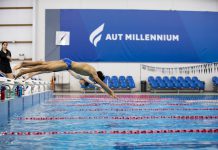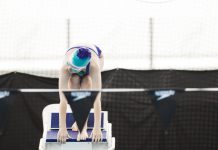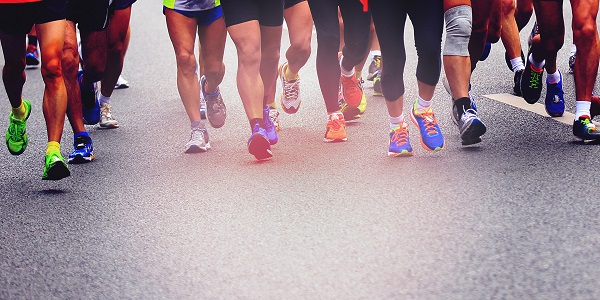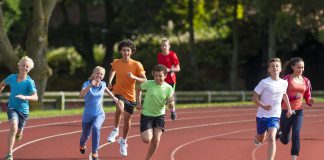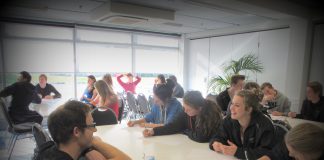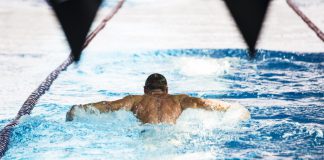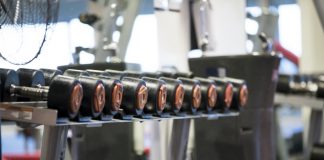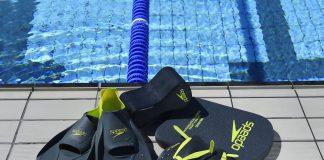Summer is upon us and, not only is the weather getting better for outdoor activities, there’s also a huge selection of running events.
We know that lots of AUT Millennium Gym members love to get involved in events of all kinds.
It doesn’t matter if you are training for a local 5km event, a 10km footrace, a half marathon or a full 42km marathon, there are three big mistakes that almost always lead to injury.
1. Not w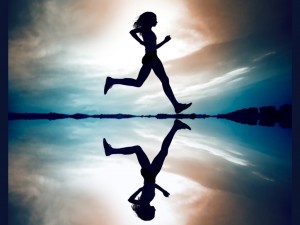 eaning yourself into new footwear.
eaning yourself into new footwear.
Running creates an impact load on your body which is 4-5 times your bodyweight. Therefore, changing your footwear, especially right before an event, is a recipe for disaster. Alternate your runs with your old pair (unless they are completely worn out) and then gradually increase the number of runs in your flashy new pair.
2. Increasing mileage by no more than 10-15% per week.
As mentioned above, considerable force goes through your muscles, tendons and joints with running. Most of the time, your body can respond to this load and develop tolerance to it. However, this takes time. If you increase your run from a 20minute jog to a 2hour run in the Waitakere Ranges, it is not a case of if you will get injured but when.
3. Good running technique trumps good flexibility.
This is not a concept isolated to running. Stretching has long been known to have little effect on injury rates. Quality of movement on the other hand can have a significant effect on reducing your risk of injury. Although running is seen as a basic human sk
ill, some running styles are better than others or we would all be Olympic runners!
If you need help on your running performance then make sure you speak to us at Kinetics Physiotherapy & Rehabilitation or check out the AUT Millennium Sports Performance Clinics.













